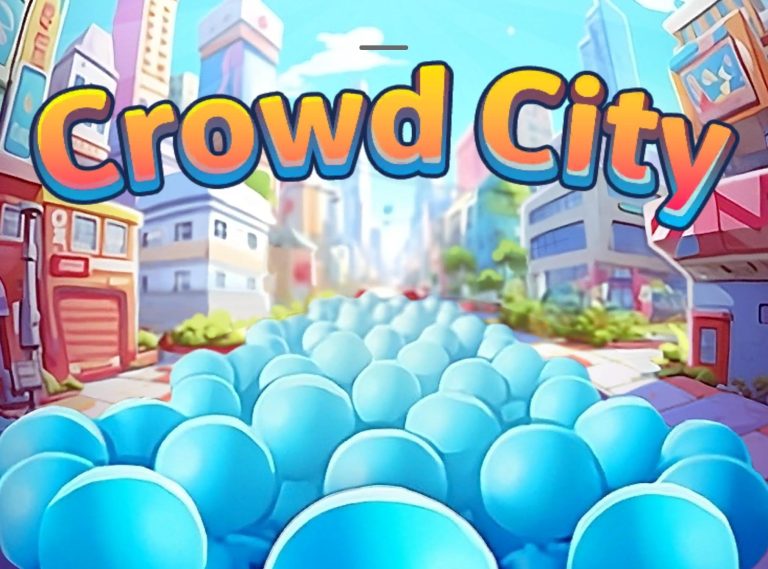The following is a guest post from Chris Swain of the New York Film Academy. Chris is a leader in the game industry having co-founded the Electronic Arts Game Innovation Lab at USC and leading over 50 products in industry including games for Disney, Microsoft, Sony, MTV, and Activision, among others. His USC thesis student, Jenova Chen’s masters project was the game Flow. Serious games that Chris has created include Ecotopia, Play the Game Save the Planet, a cinematic, story-driven game focused on environmental protection, and The Redistricting Game, which educates citizens on how the U.S. congressional redistricting process leads to polarization in government. He is the creative director in the Game Design program at the New York Film Academy.
The game industry has seen an explosion in mainstream popularity, particularly in the last five years. Given the artistic merits of digital games has – at long last – become widely acknowledged, it’s of little surprise that so many people are looking to turn their passion for gaming into a successful career.
As with many professions, there are numerous paths a prospective game designer can take. If looking to embark down the professional tuition route, serious consideration should be given to the New York Film Academy’s game design school; the Academy offers a variety of degree programs to suit individual needs, and all of which provide a proven route from a beginner level to professional success.
While it’s outside of the scope of this post to provide an overview of them all, one program that receives an extraordinary amount of interest is the Associate of Fine Arts program.
Today, we’ll be looking at what the AFA Game Design actually is, and how it impacts on students and potential employers alike.
The AFA Degree Program
The AFA Degree in Game Design consists of two years of intensive study, spread over four semesters. As this undergraduate program is designed to act as a standalone and complete degree it its own right, it’s not intended as part of – or transfer to – a longer bachelor’s degree on completion.
As well as conveying a deep understanding of game design fundamentals, students will take part in the incorporated Game Studio course during each semester. Within these sessions the student designer will apply learned knowledge with the goal of producing a fully-functioning game at the end of each studio course.
What the Student Can Expect From the AFA Program
The program itself offers a very hands-on learning environment in which students focus on the very core of the game design discipline, including what it takes to make a truly great game. This learning objective is achieved primarily through collaborative learning, interactive workshops and expert tuition from seasoned professionals working in the industry today. As well as one-on-one mentorship from faculty staff and industry advisors, each team will be overseen by a professional game programmer while working on projects.
Weekly guest lectures, often providing insight and analysis on the state of the industry, are also provided throughout.
Although it isn’t as long as some of the other NYFA programs, the Associate of Fine Arts degree in Game Design is no less intensive. The degree is intended to get students up to a running speed from a standing stop – prior programming experience is not essential for those seeking to enroll, but familiarity with coding beforehand can increase the scope of sophistication in the games students will create while on the course.
Either way, graduates will emerge from the course with not only a reputable degree in game design but also a polished, working portfolio to aid in their subsequent job search.
What the Hiring Manager Can Expect from a Game Design AFA Graduate
Naturally, a graduate of any game design program will be able to display some semblance of design skill. The difference with an NYFA graduate is that a professional mindset and preparedness for genuine design work are taught as standard.
As the AFA Game Design program is a standalone degree, for the most part it attracts people who are extremely passionate about the craft (as opposed to people wandering into it from related disciplines such as computer science). As such, if you want to inject an incendiary amount of passion into your existing team, you could do a lot worse than hiring someone who holds an AFA degree.
In the interests of balance (and managing expectations), a recruiter is not overly likely to find a multiple-language programming wizard when looking to hire an AFA graduate. However, what they can expect is a well-rounded skillset – not just when it comes to coding, but also strong narrative storytelling, music curation, graphic design and an intuitive eye for crafting a great player experience.
With regards to the latter, the NYFA gives game design students an inherent feel for what makes a good game by teaching not just the ‘how’ of game design, but also the ‘why’. Rather than simply showing them how to blindly use the tools of the trade, students are instead taught the evolution of great game design throughout the ages and how that applies to their work today.
Learning More About the Program
Regardless of whether you’re a prospective student or an employer, there are a myriad of great reasons why the AFA Game Design degree has a reputation of quality within the industry. Whether it’s the perfect degree for the individual however comes down to personal circumstance.
To see the whole range of NYFA Game Design programs (including the Associate of Fine Arts degree), see the official online resource portal and downloadable brochure here.


